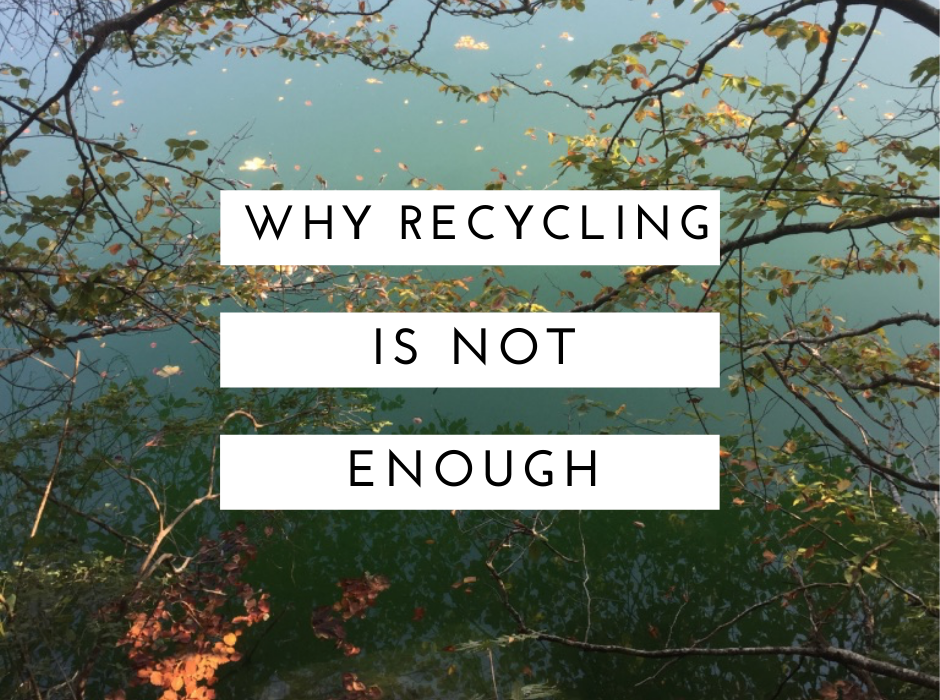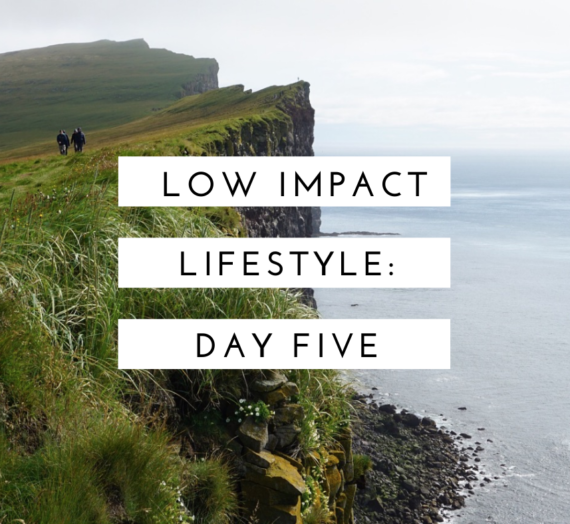Growing up I was always taught to believe that recycling was the right thing to do, that it was a solution to the problem of generating waste.
When we recycle something, we tend to feel good about ourselves. We’re doing the right thing, we’re saving the planet, right?
Unfortunately the truth is that it’s not as simple as that. Due to contamination, the size of the pieces or lack of suitability, only about 20% all waste put in recycling bins actually ends up being recycled.
As I’ve mentioned before on this blog, and as many of you may be aware, China has recently stopped accepting the rest of the world’s plastic recycling, leading to huge issues with recycling piling up in other areas where we have nothing cost-effective to do with it.
Because of this, and a host of other reasons (including the massive amount of single use plastic currently being produced and ending up in our oceans, lakes and rivers, and then in 95% of our tap and drinking water, and the fact that even when recycled, there is only a limited number of times something can be recycled), we can’t just feel like by recycling we are doing our part. Before recycling should come 1) Eliminating – turning down single use plastic items like straws or utensils, 2) Reducing the use of plastic items 3) Reusing – reusing plastic bags or other plastic items multiple times and finally, when all other options are exhausted, then 4) Recycling.
In the end, recycling is not the golden solution that many of us were taught when we were kids. Not all materials have significant value in their recycled form, many are made of multiple material types (making them hard or impossible to recycle), some can only be recycled a limited number of times (recycled plastic gets downgraded each time, until it is no longer usable) and it takes significant energy and cost to transport, process and recycle materials.
While it can be depressing to realise that an action you felt good about is actually not as helpful as you thought, it’s important not to despair. Education is the first step, and there are indeed many small things you can do that will make a positive difference, including reducing, occasionally going without, educating others, and making your voice heard to corporations and your local governmental representatives.




